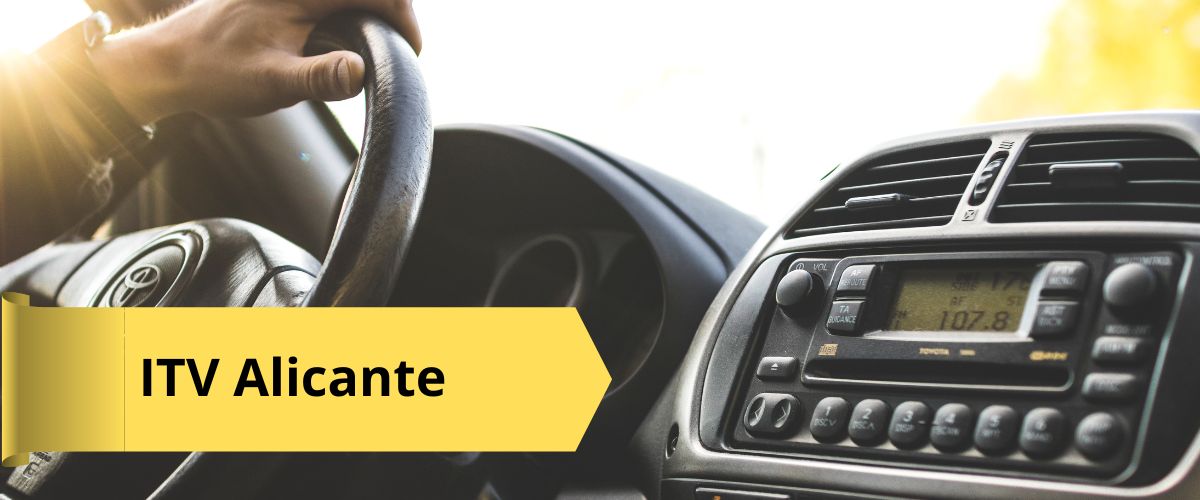Register a Foreign Vehicle in Spain: Stay Clear Of Typical Mistakes and Hold-ups
Register a Foreign Vehicle in Spain: Stay Clear Of Typical Mistakes and Hold-ups
Blog Article
Usual Challenges Faced Throughout Foreign Car Registrations and How to Get rid of Them
Browsing the intricacies of international car enrollments can be a daunting job, fraught with obstacles that vary considerably across jurisdictions. Problems such as analyzing regional laws, getting over language obstacles in necessary paperwork, and resolving inconsistencies in car specs usually arise. In addition, recognizing tax effects and compliance with safety standards can even more make complex the process. By examining reliable approaches to deal with these obstacles, people can much better place themselves for a smoother registration experience. The inquiry stays: what details steps can be required to alleviate these usual challenges?

Comprehending Local Laws
Navigating the intricacies of foreign lorry enrollment begins with a detailed understanding of regional regulations. Each country has its specific legislations and requirements governing the enrollment of lorries, which can differ considerably from one jurisdiction to one more (Register a foreign Vehicle in Spain). It is critical for foreign car owners to familiarize themselves with these laws to make sure compliance and stay clear of possible penalties or legal difficulties

Moreover, some territories mandate automobile assessments to identify conformity with regional safety and exhausts criteria. This could require alterations to the car before it can be legally registered. Engaging with regional authorities or speaking with lawful professionals can supply clarity on these guidelines.
Language Obstacles in Documents
Language obstacles present substantial difficulties when it pertains to the documents required for foreign lorry registration. Numerous individuals encounter troubles in understanding the specific demands outlined in regional policies, as these papers are usually published in the official language of the host country. False impressions can lead to the entry of incorrect or insufficient paperwork, resulting in hold-ups or rejection of registration.
In addition, necessary files, such as title acts, proof of ownership, and insurance plan, may not have readily available translations - Register a foreign Vehicle in Spain. This can create complication for international automobile proprietors that are not familiar with the neighborhood terminology and legal jargon. Because of this, navigating the enrollment process comes to be troublesome, frequently requiring added effort and time to make certain compliance
To alleviate these issues, it is a good idea for foreign car proprietors to look for professional translation solutions or get in touch with local experts that can assist in comprehending the requisite documents. Furthermore, federal government agencies might offer multilingual resources or standards to assist in the registration procedure. Proactively attending to language obstacles can enhance the enrollment experience, guaranteeing that all needed records are accurately prepared and submitted according to regional policies.
Automobile Specification Inconsistencies

Running into car spec disparities can create substantial difficulties for foreign automobile owners throughout the registration procedure. These inconsistencies frequently develop from distinctions in producing standards, measurement systems, and regulatory demands in between the car's native land and the host nation. For instance, a vehicle that meets security and discharges criteria in one nation might not align with the requirements required for registration in an additional, causing delays or straight-out beings rejected.
To get rid of these difficulties, it is vital for foreign automobile owners to carry out extensive study before starting the enrollment procedure. This consists of comprehending the specific needs established by the neighborhood authorities, such as safety criteria, exhausts degrees, and any type of needed alterations. Involving with an expert service focusing on foreign automobile enrollment can likewise provide beneficial understandings and help in browsing these disparities.
Documents plays a key duty, so ensuring that all technological specs and alterations are properly reflected in the paperwork can mitigate concerns. In addition, preserving open interaction with local registration authorities can give clarity on any kind of potential disparities, permitting prompt resolution and successful enrollment of the lorry.
Browsing Tax Obligation Requirements
Comprehending the tax needs related to foreign automobile enrollment is essential for proprietors why not try these out seeking to abide by regional regulations. Each territory has certain tax obligations that must be satisfied before a car can be legitimately signed up. These may consist of import responsibilities, value-added tax obligations (VAT), and annual lorry taxes, which can vary substantially depending on the car's beginning, worth, and specs.
To navigate these tax obligation needs successfully, automobile owners should begin by researching the details tax obligations suitable in their area. Consulting with neighborhood tax obligation authorities or a tax specialist with experience in foreign automobile enrollments can provide clearness on the process and prospective liabilities.
Additionally, it is crucial to keep detailed documentation of the automobile's acquisition and any type of payments made, as this will be necessary for tax calculations and prospective audits. Proprietors must likewise be conscious of any kind of due dates connected with tax payments to stay clear of penalties or delays in registration.
Assessment and Compliance Issues
On a regular basis resolving examination and compliance problems is important for proprietors of foreign automobiles seeking to register them in a brand-new jurisdiction. Each region has distinct regulations concerning car safety, emissions, and alterations, which can position significant difficulties for proprietors strange with local criteria. Understanding these needs is vital to prevent delays and additional costs.
One common issue occurs when foreign cars do not meet the host jurisdiction's safety and security and discharges criteria. Proprietors need to proactively validate that their automobiles abide by regional guidelines, which might involve modifications or getting necessary paperwork from makers. Furthermore, many jurisdictions require a detailed evaluation by an accredited center, which can result in more complications if the vehicle fails to meet specific requirements.
To browse these difficulties, owners can consult regional vehicle registration authorities great post to read or look for help from professionals knowledgeable about the enrollment process. Preparing all needed paperwork ahead of time, including previous examination reports and proof of compliance, can simplify the registration process. Eventually, thorough prep work and understanding of inspection requirements can dramatically enhance the likelihood of an effective foreign lorry registration.
Final Thought
In recap, the procedure of international automobile enrollment entails numerous obstacles, consisting of comprehension of regional guidelines, language obstacles in documentation, inconsistencies in automobile see this website requirements, navigating of tax requirements, and evaluation and compliance issues. Resolving these challenges demands persistent research, usage of expert translation services, and assessment with local authorities. Involving specialized services can make certain adherence to safety and discharges requirements, ultimately promoting a smoother registration process and conformity with all pertinent obligations.
Report this page